Mark Ruffalo supports Palestine amid one of the most devastating conflicts in recent history. Since October 7, when Hamas killed approximately 1,200 Israelis and took around 250 hostages in an unprecedented attack, the subsequent Israeli military response has resulted in over 36,700 Palestinian deaths and displaced nearly 2 million people, according to the Gaza Health Ministry.
The Hollywood actor has faced significant controversy for his pro-Palestine stance, particularly following his comments about an Israeli hostage rescue operation that reportedly left 274 Palestinians dead, including 64 children. However, Ruffalo’s advocacy extends beyond this incident, with his participation in a SAG-AFTRA open letter that referenced the deaths of over 40,000 Palestinians and injuries to more than 90,000 others. Consequently, his outspoken position on the Gaza conflict has sparked both support and backlash.
This article examines Ruffalo’s journey as a Palestine advocate, the professional pressures he has encountered in Hollywood, and the public’s divided response to his statements. Furthermore, it explores how his activism fits into the broader context of celebrity political engagement during what many human rights groups have characterized as potential war crimes.
Mark Ruffalo Supports Palestine: A Timeline
Initial statements and social media posts
Actor Mark Ruffalo’s advocacy for Palestine began long before the current conflict. As early as 2014, he started using his social media platforms to draw attention to the situation in Gaza. His outspoken nature on this issue stands in contrast to many Hollywood figures who remain silent on the Israel-Palestine conflict.
Throughout the years, Ruffalo has consistently shared news articles, personal statements, and retweets supporting Palestinian rights on his Twitter account, which has millions of followers. His approach evolved from broader humanitarian concerns to more specific critiques of Israeli military actions and government policies. Nevertheless, he has also expressed compassion for Israeli civilians affected by violence.
Support for the ceasefire and humanitarian aid
By late 2023, amid escalating violence, Ruffalo intensified his calls for a ceasefire. He repeatedly emphasized the humanitarian crisis unfolding in Gaza, highlighting the lack of basic necessities like food, water, and medical supplies.
In November 2023, Ruffalo joined other celebrities in signing an open letter addressed to President Biden, urging immediate diplomatic intervention to end hostilities. Moreover, he shared information about humanitarian organizations working in Gaza and encouraged his followers to donate to relief efforts.
The actor has maintained that his position stems from universal human rights principles rather than taking sides in the conflict. Despite facing criticism, he has remained steadfast in advocating for peaceful resolution and humanitarian assistance.
Involvement in the SAG-AFTRA open letter
In early 2024, Ruffalo’s activism reached a new level when he became one of the prominent signatories of a SAG-AFTRA open letter. This collective statement from entertainment industry professionals called for an immediate ceasefire and unrestricted humanitarian access to Gaza.
The letter represented a significant moment of solidarity among entertainment professionals willing to risk professional backlash by taking a public stance on this divisive issue. Ruffalo’s participation in this initiative demonstrated his commitment to using his platform and industry connections to amplify calls for peace and humanitarian considerations above political interests.
The Hostage Rescue Post and Its Fallout
The rescue of four Israeli hostages in June 2024 became a flashpoint in Ruffalo’s Palestine advocacy, igniting fierce debate about his choice of words and the human cost of military operations.
Ruffalo’s wording: ‘release’ vs ‘rescue’
In June 2024, Ruffalo sparked controversy with a tweet regarding four Israeli hostages who had been held by Hamas. Although he expressed relief at their return, his choice of words—describing the military operation as a “release” rather than a “rescue”—drew immediate criticism. “It’s so good to see the hostages returned,” Ruffalo wrote on X. “A ceasefire would have gotten many more hostages back and no civilians and children killed”. His post emphasized what he called a “sinful equation” of “4 for 274 including kids”, referring to Palestinian casualties during the operation.
Public backlash and support on social media
Critics quickly pointed out the distinction between “returned” and “rescued,” with one user responding: “They weren’t ‘returned,’ Mark. They were rescued”. Others noted that the hostages were taken during a previous ceasefire. Meanwhile, supporters thanked him “for using your voice and being on the right side of history”. This incident followed a pattern for Ruffalo, who previously deleted a tweet about American Hersh Goldberg-Polin’s death, acknowledging it was “insensitive to the Goldberg-Polin family” after facing criticism.
Casualty figures and media scrutiny
The casualty figures themselves became contested ground. The Gaza Health Ministry, a department within the Hamas-controlled government, reported 274 Palestinians killed, including 64 children and 57 women. Additionally, nearly 700 were wounded, including 153 children. In contrast, an IDF spokesperson told Newsweek the “number of casualties remains unknown” while cautioning media against using “information from the Hamas terrorist organization’s propaganda machine”. Some media outlets struggled with terminology, with CNN criticized for referring to the hostage “release” rather than “rescue”.
Hollywood’s Response and Internal Tensions
The entertainment industry remains divided over the Israel-Gaza conflict, reflecting broader societal tensions about free speech and political advocacy in Hollywood.
SAG-AFTRA’s silence and member frustration
Within SAG-AFTRA, the actors’ union Ruffalo belongs to, official organizational silence on Gaza stands in stark contrast to individual member activism. Many performers express frustration over what they perceive as institutional reluctance to address humanitarian concerns. Throughout industry gatherings, including awards ceremonies, this tension has become increasingly visible as some members wear symbols of solidarity with Palestinians yet face minimal institutional acknowledgment.
Allegations of blacklisting and censorship
Behind closed doors, fears of career repercussions circulate among actors considering speaking out. Stories of project removals, sudden script changes, and unexplained casting decisions fuel speculation about unofficial blacklisting. Numerous entertainment professionals report pressure to remain neutral, especially those with less established careers or financial security than Ruffalo. This atmosphere has prompted comparisons to historical periods when political positions influenced Hollywood hiring practices.
Statements from other celebrities
Beyond Ruffalo, celebrities like Susan Sarandon, John Cusack, and Cate Blanchett have voiced concerns about Gaza’s conditions. Yet others either maintain silence or express opposing viewpoints, creating a fractured landscape. Notably, these divisions often follow generational lines, with younger performers generally more vocal about Palestinian rights versus established stars who express more traditional pro-Israel sentiments or remain completely silent on the issue.
Broader Implications for Celebrity Activism
Celebrity activism for Palestine involves unique dangers in an industry where career stability often depends on avoiding controversy. Unlike advocacy for climate change or racial justice, speaking about Gaza carries extraordinary risks.
The risk of speaking out on Palestine
Speaking out on Palestine entails specific hazards in Hollywood’s environment. Many artists report self-censoring due to uncertainty about repercussions. Pressure comes both publicly and privately, with agents and publicists actively discouraging clients from signing pro-Palestine letters. This creates what some describe as a “gag order” on people speaking out because of “fear of repression, of being blacklisted”. Even established stars like Ruffalo previously apologized for using terms like “genocide” in criticizing Israel’s actions.
Impact on careers and public image
The professional consequences can be severe:
- Susan Sarandon was dropped by United Talent Agency following comments at a pro-Palestinian rally
- Melissa Barrera was fired from the Scream franchise over social media posts
- Maha Dakhil resigned her CAA board seat after sharing a post accusing Israel of genocide
Job opportunities disappear through what one actor termed “covert” methods – sudden contract retractions without explanation. Yet staying silent presents its own risks, as Taylor Swift discovered when speculation about her politics emerged amid her initial silence.
The role of artists in political discourse
Beyond individual careers, this controversy raises fundamental questions about artistic freedom. As one communications professor stated, “They must speak out. This is the only way in which you bring back justice for everyone”. Historically, major movements for civil rights, anti-war, and environmental campaigns have benefited from celebrity support. Nevertheless, critics contend that celebrities lack expertise on complex geopolitical issues.
While Mark Ruffalo has taken a stand, he is not alone. Dozens of other Hollywood stars, musicians, and athletes are pushing back against silence and lobbying pressure. Read our full list in Celebrities Supporting Palestine.
Final Thoughts
The divide over Palestine within Hollywood stands in stark contrast to the solidarity displayed during industry strikes. Behind closed doors, many Jewish people have turned to encrypted WhatsApp groups to express views they hesitate to share publicly. This atmosphere evokes comparisons to McCarthyism for some industry insiders.
“What kind of bland and uninteresting art will be made at a time when artists are constantly looking over their shoulders?” Susan Sarandon asks. Indeed, the fear of professional repercussions creates what some describe as a “new McCarthyism”.
Ultimately, celebrities face a complex calculation: speak out and risk career damage, or remain silent and face criticism from activists. As one industry figure notes, “Speaking out, like any action we ever take, is going to have a consequence”.
Yet social media pressure campaigns targeting celebrities may prove ineffective. One expert observed that while Taylor Swift lost approximately 300,000 TikTok followers in a week due to a block campaign, this represents a negligible impact for someone with her following.
The perspective from Gaza provides the most sobering context: “It’s nowhere near the amount of courage that it takes to wake up in the morning and go through another day with your children when you’re in Gaza City”. This reality check frames Ruffalo’s advocacy within a broader moral landscape where personal risk must be weighed against humanitarian imperatives.
FAQs
1. Why is Mark Ruffalo supporting Palestine?
Ruffalo advocates for Palestine based on humanitarian and human rights concerns. He highlights civilian casualties, displacement, and the humanitarian crisis in Gaza, emphasizing universal human rights rather than taking sides in the conflict.
2. When did Ruffalo begin his advocacy for Palestine?
Ruffalo’s pro-Palestine advocacy dates back to 2014. He consistently shared social media posts, news articles, and personal statements highlighting the situation in Gaza, which evolved from broader humanitarian concerns to direct critiques of Israeli military actions.
3. What role did Ruffalo play in the SAG-AFTRA open letter?
In early 2024, Ruffalo signed a SAG-AFTRA open letter calling for an immediate ceasefire and unrestricted humanitarian access to Gaza. This demonstrated his commitment to using his celebrity platform to amplify calls for peace and humanitarian action.
4. Why was Ruffalo criticized for his comments on the hostage rescue operation?
In June 2024, Ruffalo tweeted about the release of four Israeli hostages, emphasizing that the operation led to 274 Palestinian deaths, including children. Critics focused on his choice of words (“release” vs. “rescue”) and questioned his framing of the casualties, sparking public debate and social media backlash.
5. How has Hollywood responded to Ruffalo’s activism?
Responses in Hollywood are divided. While some actors support Palestinian rights, others remain silent or express opposing views. Within SAG-AFTRA, the official organizational stance has been largely silent, causing frustration among members advocating for humanitarian action.
6. Has Ruffalo faced professional consequences for his stance?
While Ruffalo himself has not faced major blacklisting, other actors advocating for Palestine have experienced career repercussions, including losing agency representation, roles, or board positions. Many performers self-censor due to concerns about professional backlash.
7. Does Ruffalo also acknowledge Israeli civilian suffering?
Yes. Ruffalo has expressed compassion for Israeli civilians affected by violence, maintaining that his stance is rooted in human rights rather than partisanship.
8. What impact has social media had on Ruffalo’s activism?
Social media amplifies both support and criticism. Ruffalo’s posts reach millions, but he has also faced backlash for controversial phrasing, sometimes prompting deletions or clarifications. Social campaigns targeting celebrities have limited practical impact on career outcomes.
9. How does Ruffalo’s activism fit into broader celebrity engagement?
Ruffalo is part of a broader group of celebrities who take public political stances, often at personal or professional risk. His advocacy highlights the challenges of speaking out on divisive geopolitical issues in Hollywood, where pressures to remain neutral are strong.
10. What is the broader significance of Ruffalo’s support for Palestine?
His advocacy underscores the moral and ethical dilemmas celebrities face when addressing international humanitarian crises. It draws attention to the humanitarian impact of the Gaza conflict and encourages public discourse and action beyond political or industry pressures.

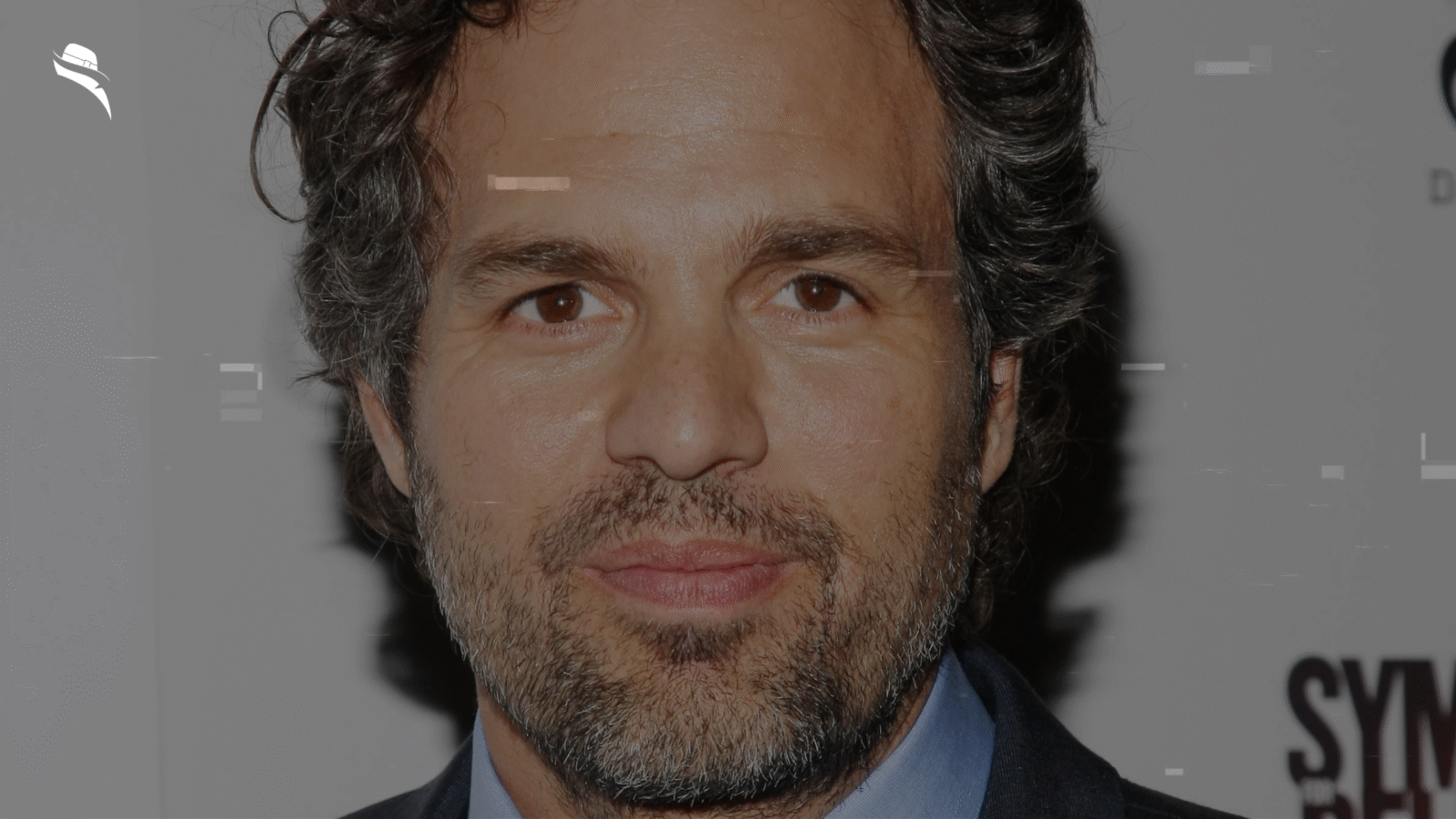
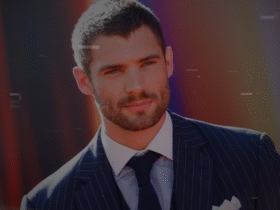
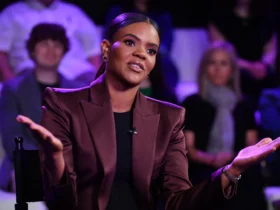
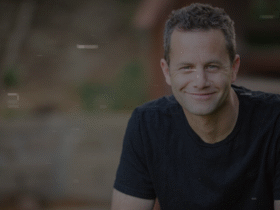

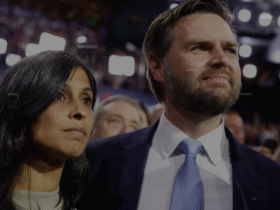
1 Comment